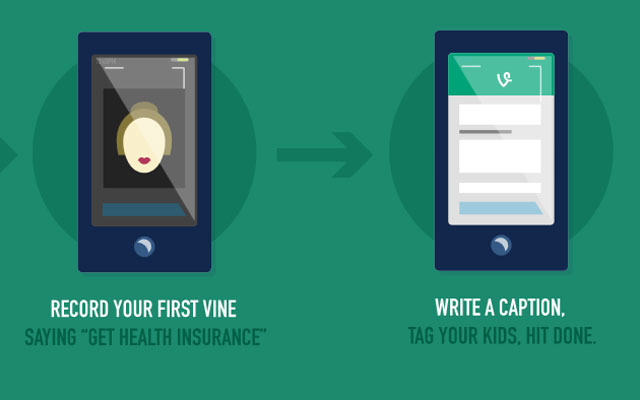
It's almost impossible to have any kind of meaningful discussion with a liberal because while you're trying to come up with logical points to support your position, he’s trying to come up with new ways to convince people you're Hitler. Modern liberalism has turned into a willful embrace of stupidity. It's all about setting reason and intellect aside in order to take an emotionally-satisfying position that makes a liberal feel better about himself. This is how people who are undeniably intelligent can feel good about taking brainless positions that hurt a lot of people. While liberals have emotionally blinded themselves so totally that they believe they're taking compassionate, intellectual, well-crafted stands, this is how they sound to everyone who's not a liberal.
1) Everyone who disagrees with a liberal is racist! The Tea Party? Racist! Republicans? Racist! Fox News? Racist? Black conservatives? Racist! Barack Obama's grandma? Racist! Do I think Social Security is solvent? My position on that is that "You're a racist!" What do I think about flattening the tax code? Sarah Palin is a racist! Do I like potatoes? Well, Republicans eat potatoes sometimes; so potatoes are racist! Racist, racist, racist!Via: Townhall
Continue Reading.....






